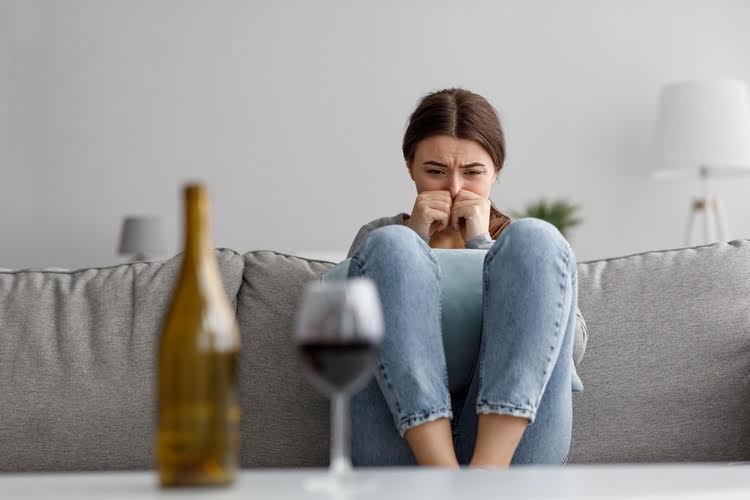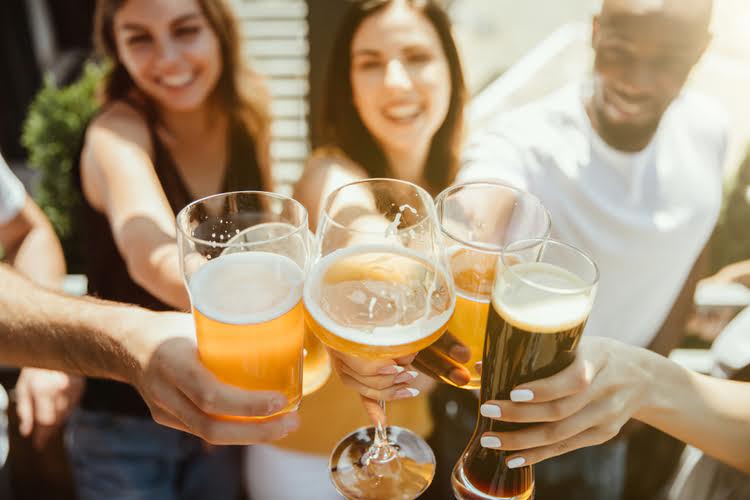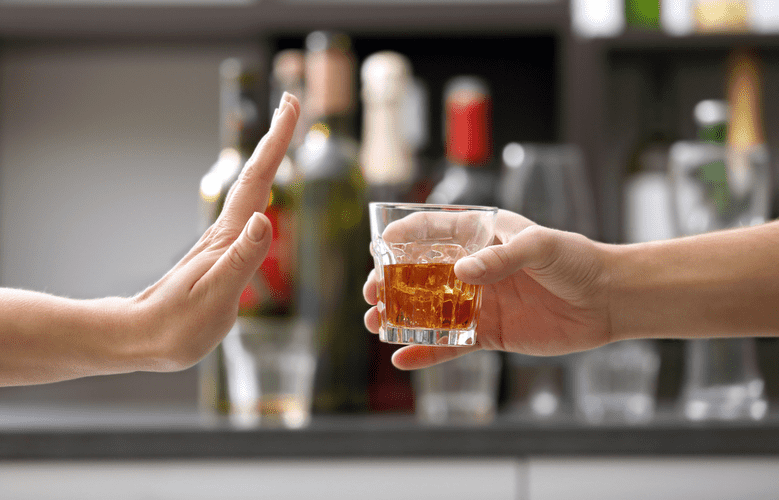The rule of thumb is limiting consumption to one alcoholic beverage an hour, with one glass of water also consumed for every finished alcoholic drink. However, even this may not help you avoid a harsh bout of dehydration. Thanks to alcohol’s ability to trip up your pituitary gland, you could lose more water through excessive urination than you would normally. In other words, try to drink as much water as possible, because your normal retention rate isn’t going to be what your body’s used to. Since alcohol travels through the http://www.libma.ru/psihologija/izmenennye_sostojanija_soznanija_i_kultura_hrestomatija/p4.php bloodstream, it can travel to other areas of our body including the pituitary gland in our brain.
Foods and Beverages That Can Dehydrate You
- Dehydration occurs when the body loses more fluids than it takes in, and alcohol can exacerbate this by increasing urine production and interfering with the body’s ability to retain water.
- Here’s how to rehydrate properly and recover from alcohol dehydration.
- According to a small study in 11 men, consuming beer with a 5% alcohol content after exercise increased urine output significantly more than consuming a sports drink did (10).
- Finally, we know that drinking alcohol causes the body’s water distribution to be shifted.
- Aldosterone helps maintain electrolyte balance by promoting the reabsorption of sodium and water in the kidneys.
- As the liver breaks down the alcohol, it is converted into a substance called acetaldehyde, which can be toxic in high doses.
After all, waking up on Christmas morning with screaming kids and http://www.dubus.by/modules/news_klon/article.php?storyid=6 a raging hangover is the opposite of holiday cheer. To make meeting your hydration needs easier, you can add flavor to your water by using refreshing water additives like lemon juice, berries, and fresh herbs. Takeout food, like burritos, is a main source of sodium in the diet and can pack a surprising amount of salt. For example, a burrito with steak from a chain restaurant contains 1,520 mg of sodium, or 66% of the DV for sodium. Also, high processed meat intake is linked to many health conditions, such as breast and colorectal cancer.
- Similarly, taking certain medications, such as diuretics or antihistamines, can exacerbate alcohol’s dehydrating effects.
- However, highly caffeinated drinks, like very strong coffee, can increase urine production, which can lead to dehydration.
- Additionally, alcohol inhibits the release of an anti-diuretic hormone called vasopressin.
- Alcohol decreases the amount of ADH your body produces, making it harder to retain enough fluids.
- This effect is also known as “breaking the seal,” which is why you pee a lot more after a few drinks.
- Alcohol will dehydrate you, which has adverse effects both in the short and long term.
Stick to drinks with lower alcohol content

Dehydration can happen for many reasons, including alcohol consumption. Alcohol can cause increased urination, increased heart rate or body heat, vomiting, and other issues that can increase dehydration. Avoiding alcohol is the best way to prevent this problem, but if you do drink alcohol, be sure to also drink extra water with solutes such as protein. Any foods or fluids you consume before drinking alcohol help to dilute it, so when you drink alcohol on an empty stomach, alcohol’s effects are more potent. You may feel the effects of the alcohol sooner, but it can also amplify other effects, including dehydration. In addition to water loss, drinking alcohol can also lead to electrolyte imbalance—especially sodium.

Is electrolyte water good for you after drinking alcohol?

Studies have shown that being dehydrated by just 2% can lead to impaired performance on tasks that require attention and psychomotor and short-term memory skills. But just because a drink has a lower ABV (alcohol by volume), it doesn’t mean you have carte blanche to pound beers all night. If you experience any https://goodnight.dn.ua/infusions/poster/index.php?readmore=8155 of these symptoms, seek medical attention immediately. Dehydration can be dangerous and even life-threatening if left untreated.
